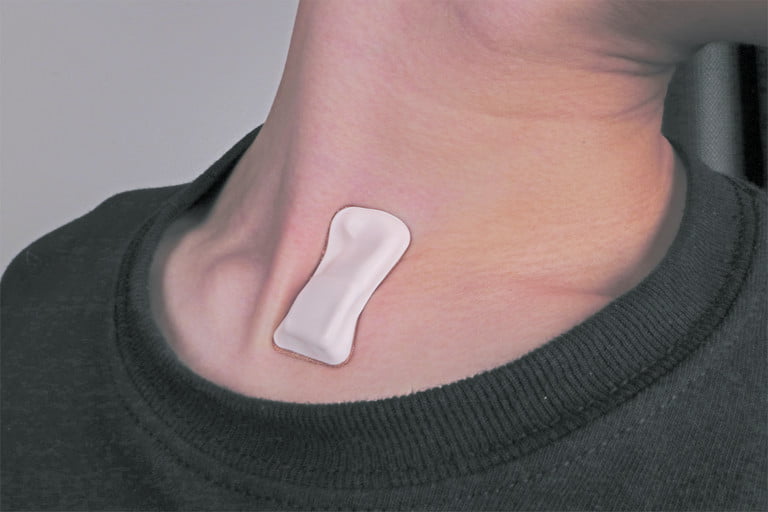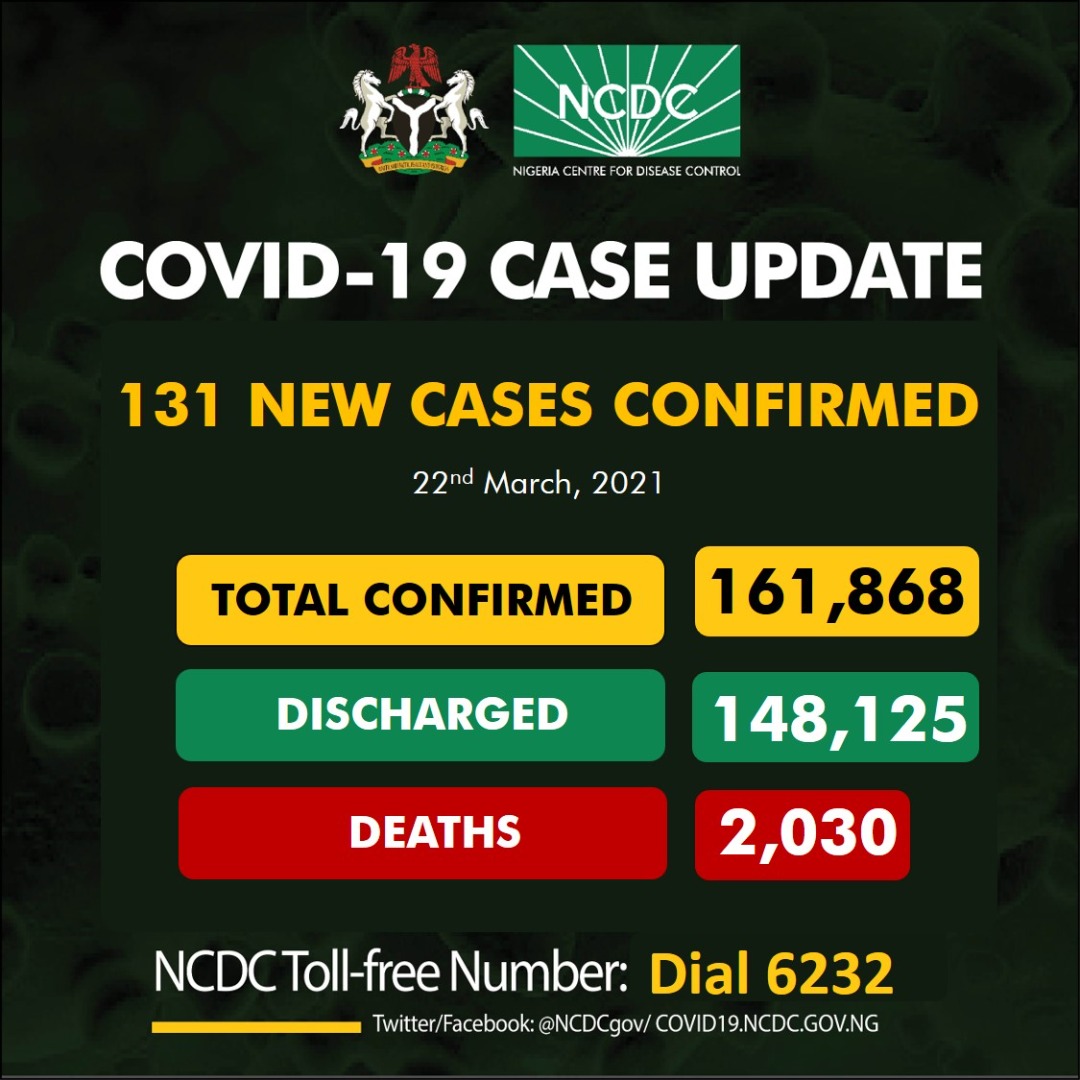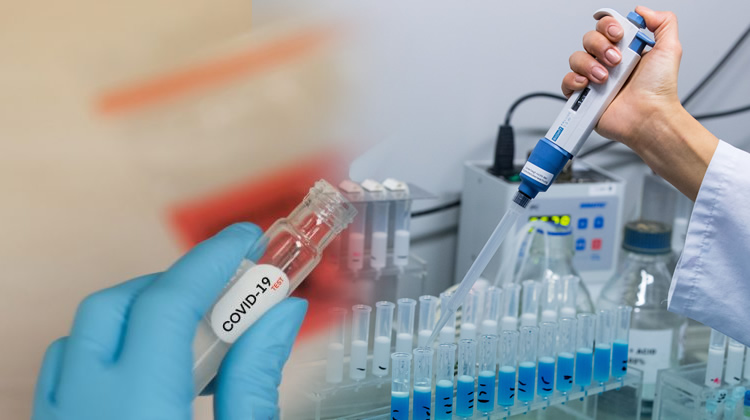Tech
This Wearable Device Will Tell If Your Cough Is The Coronavirus
Researchers in Chicago have developed a new wearable device that can track a person’s coronavirus symptoms, possibly alerting health authorities of new cases before patients are confirmed to be sick.

The small, soft patch adheres to a person’s throat and can monitor a person’s cough, breathing patterns, heart rate, and body temperature, among other factors. It transmits the data to what the developers have called a “HIPAA (Health Insurance Portability and Accountability Act )-protected cloud” for monitoring.
Researchers said the device could be used to detect COVID-19 symptoms from home, identifying sick patients before they ever step foot in a hospital.
“These sensors have the potential to unlock information that will protect frontline medical workers and patients alike — informing interventions in a timely manner to reduce the risk of transmission and increase the likelihood of better outcomes,” said Arun Jayaraman, the research scientist at Shirley Ryan AbilityLab who led the algorithm development, in a press release.
“This opens up new telemedicine strategies, as we won’t have to bring in patients for monitoring,” Jayaraman said. “Physicians can potentially review the patients’ data for hours, days, or weeks immediately, through a customized graphical user interface to a cloud data management system that is being set up for this purpose, to see an overall image of how the patient is doing.”
Researchers said the device was developed to sit at a place on the body — the dip in a person’s throat called the suprasternal notch — where it can track the maximum number of COVID-19 symptoms at once.
“Nobody has ever collected this type of data before,” said John A. Rogers, a faculty expert at Northwestern University’s Robert R. McCormick School of Engineering and Applied Science who led the technology development, in the press release. “Earlier detection is always better … for patients who have contracted the disease … the data [is] a mechanism to track the progression and/or the effects of treatments.”
Researchers said they are already making dozens of the devices each week at an in-house production facility in Chicago, and are working to expand deployment of the trackers through a company set up by the team.





